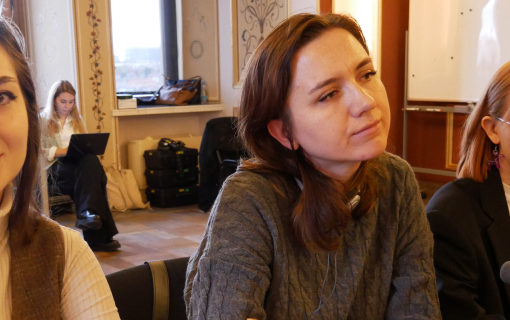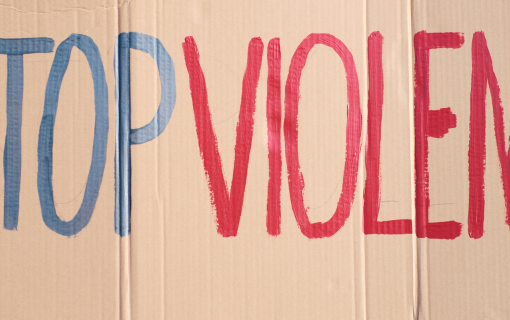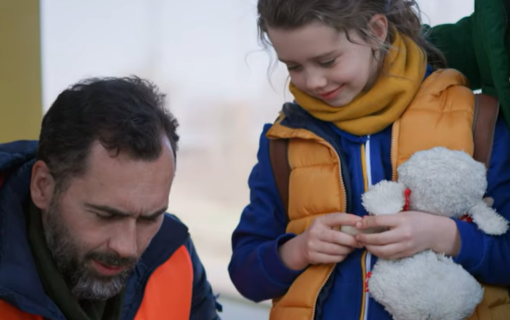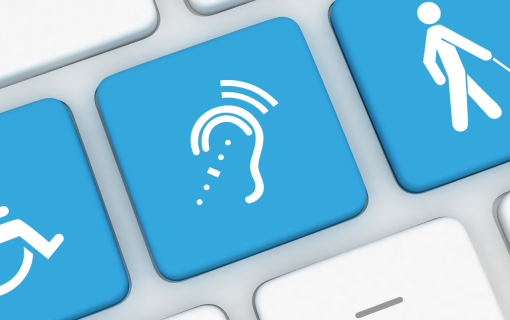IFES Launches 16 Days of Activism Against Gender-Based Violence

This year marks a watershed moment in the fight to end violence against women. From Hollywood to the halls of Congress and to the streets – and the tweets – from Tel Aviv to Seoul to Nairobi and to Rio – choruses of women and men have rallied around the need to address sexual and gender-based violence by sharing their stories and saying #MeToo. Sexual violence in the workplace – including in political workplaces -- is recognized as a global, intersectional problem.
In the political realm, 82 percent of female parliamentarians from 39 countries surveyed by the Inter-Parliamentary Union experienced some form of psychological violence, and 44 percent said they had received threats of death, rape, beatings or abduction during their parliamentary term. We also know that women in other spheres of life, including in their own homes and personal relationships, experience gender-based violence. November 25th is the International Day for the Elimination of Violence Against Women, and every year advocates around the world rally around the 16 Days of Activism Against Gender-Based Violence to highlight the pervasiveness of this issue and raise awareness about strategies to create systematic change.
For 30 years, IFES has worked to ensure equal representation of men and women in political and electoral processes. Over these years, we have seen how gender-based violence manifests itself in the political sphere and have recognized it as one of the most common barriers to women’s equitable representation and participation. Violence against women in elections (VAWIE) affects women’s participation in the electoral process as voters, candidates, election officials, activists and political party leaders It also threatens the integrity of the electoral process, as well as the commitment of governments to free, fair and inclusive democratic processes. IFES has recognized and actively worked to prevent and mitigate violence against women in elections since 2011, through targeted interventions such as the VAWIE Assessment Framework.
IFES works to empower female leaders and advocates, and works with government institutions to address the deeply entrenched attitudes and practices that perpetuate inequality and discrimination against women in both public and private life. Our global work aims to create an enabling environment for women to equally access and meaningfully participate in political processes, factoring the unique experiences of those with intersectional identities. Over the next 16 days we will highlight the incredible work our partners and teams are doing on the ground to address this issue head on, and we invite you to learn more about and share these initiatives.









